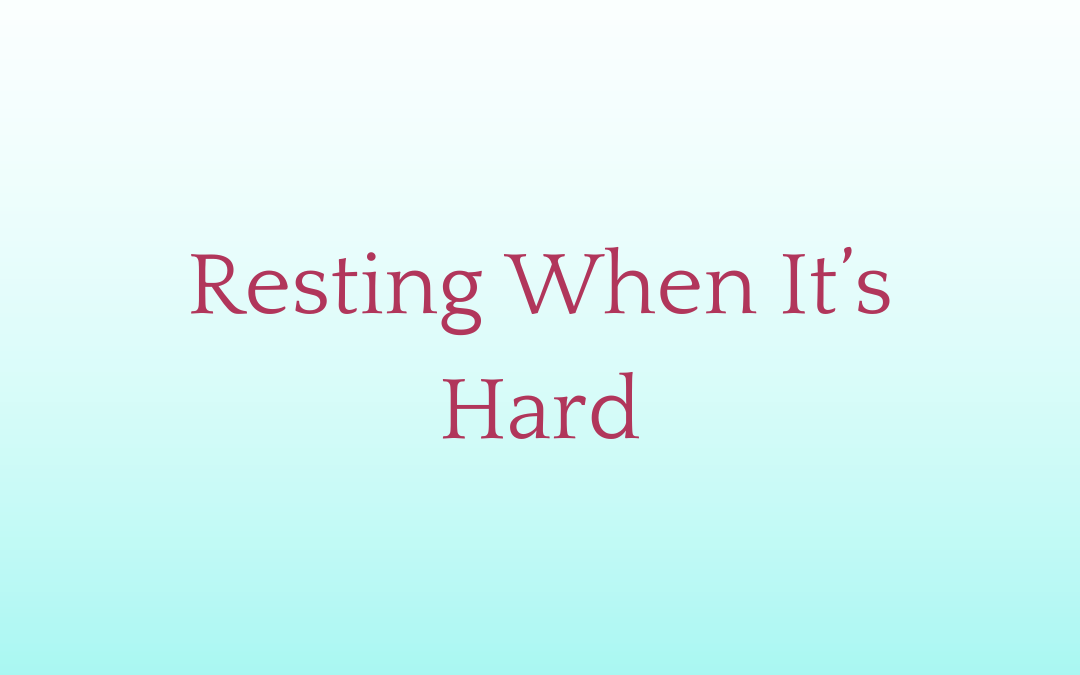
Resting When It’s Hard
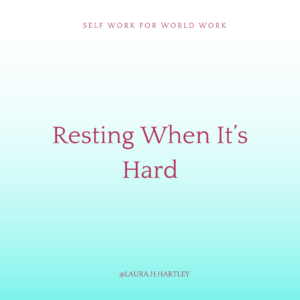
You see, capitalism is built on three principles:
1. The pursuit of infinite growth on a finite planet (#climatecrisis).
2. The artificial creation of scarcity, to drive said growth.
3. The devaluation of beautiful, living, complex systems to lifeless resources. (Think jungles, or the forest, or even our own bodies).
When we live inside a system where these principles are normalised, we internalise this message in a myriad ways… one of the most obvious being that feeling of never doing enough, and struggling to rest, unwind or take time off.
I got a friendly reminder of this the other week when I woke up a few hours before my 26 hour flight to Australia, horribly unwell with Covid.
Now, I was lucky. My airline was willing to cancel my flights and give a full refund, and I was able to rebook for a few weeks later.
So all I had to do was rest… simple, right?
Except – like many of us – those thoughts crept in…
All my emails! Surely I could send a couple today.
I haven’t written a newsletter! I was going to do that on the flight.
I need to reschedule those meetings! My diary has completely changed.
OMG, resting is boring. Also, the house really needs cleaning – I could clean, right?
It’s so unprofessional to change all these bookings… what will they think?
Round and round and round.
Different variations, some more anxious, others more sad, all telling me that there was work to be done, and yes I’m sick, but not that sick that I couldn’t do the things.
Once, I would have believed these voices. (I remember years ago, on my fourth bout of tonsillitis in as many months, chomping down painfully on steamed broccoli and hitting the gym because no sore throat and fever was going to keep me down! Besides, I was doing healthy stuff right?!)
This time, I offered myself the grace of rest.
I’ve spoken a lot lately about how the work of “Getting Free” is a practice. It’s not a one time event or single moment, but the active choosing of who and how we want to be.
It’s letting go of all those “shoulds” and stories of urgency, and honouring the truth of this moment.
I heard those voices, those stories, those “shoulds” telling me that things are urgent! And aren’t you bored?! And are you even that sick?! and chose to offer myself the medicine I needed.
It wasn’t that I didn’t hear these stories… it was that I chose not to invest in them.
I know what happens when I do (#burnout #illness #exhaustion)
Instead, I chose to offer myself the rest and ease I want for all of us.
To stay on the couch, under the duvet, and leave my out of office on a couple days longer than I even needed.
Now, not all of us have the privilege to be able to do this.
I was raised by a single mother who for a long time did not have the resources or support to take a day, let alone a week, off. But I also know that so often even once we have the privilege to do so, that we struggle with the practice.
There is no virtue in ‘keeping busy’ or ‘pushing through’ though. Morality, goodness and worth are not attached to how much we do.
And as changemakers, whatever it is that we want for the world, we must be willing to offer it to ourselves.
This is how we seed change into existence.
So if you’re in need of a little rest this week, or this virus creeps up on you soon too, here are a few reflection prompts for you:
1. What does your body want right now? Sleep? Water? To stay inside or go out? Note, notice your bodily sensations and feelings when asking yourself what you want. There’s a difference sometimes between what our mind wants, what we desire, and where our body is at.
2. What’s the worst that could happen from putting on the Out of Office this week and just being? Is this thing truly more important than your health and wellbeing?
3. Can you offer yourself the grace of being human? Of being a living, breathing being that needs food, water, sleep, care and rest?
Love & courage,
Laura

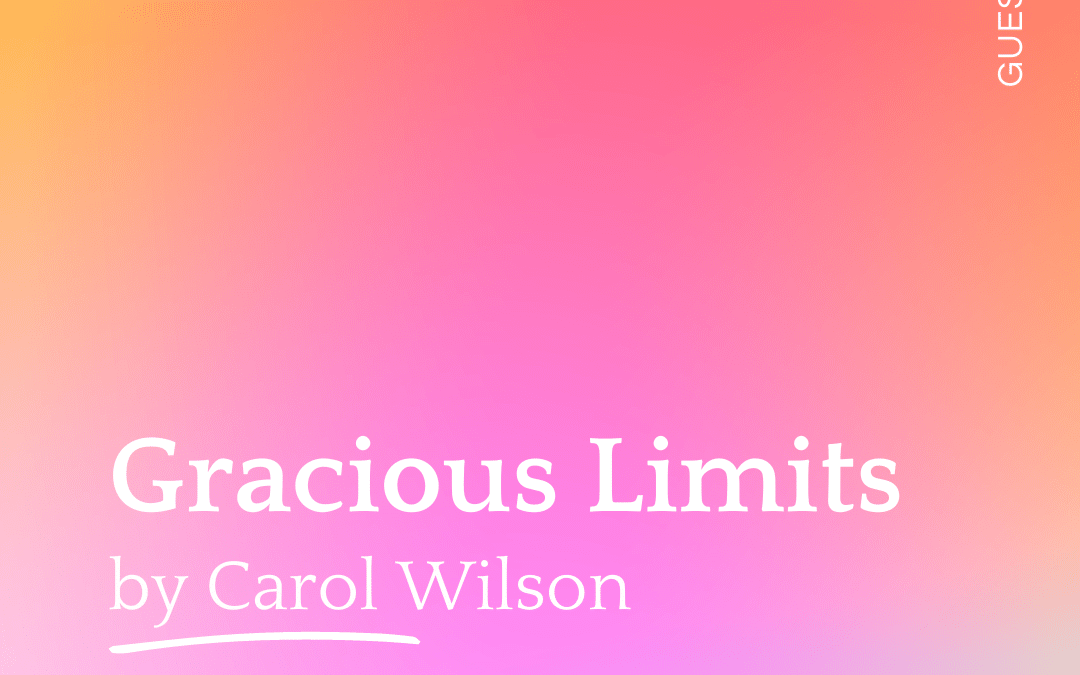

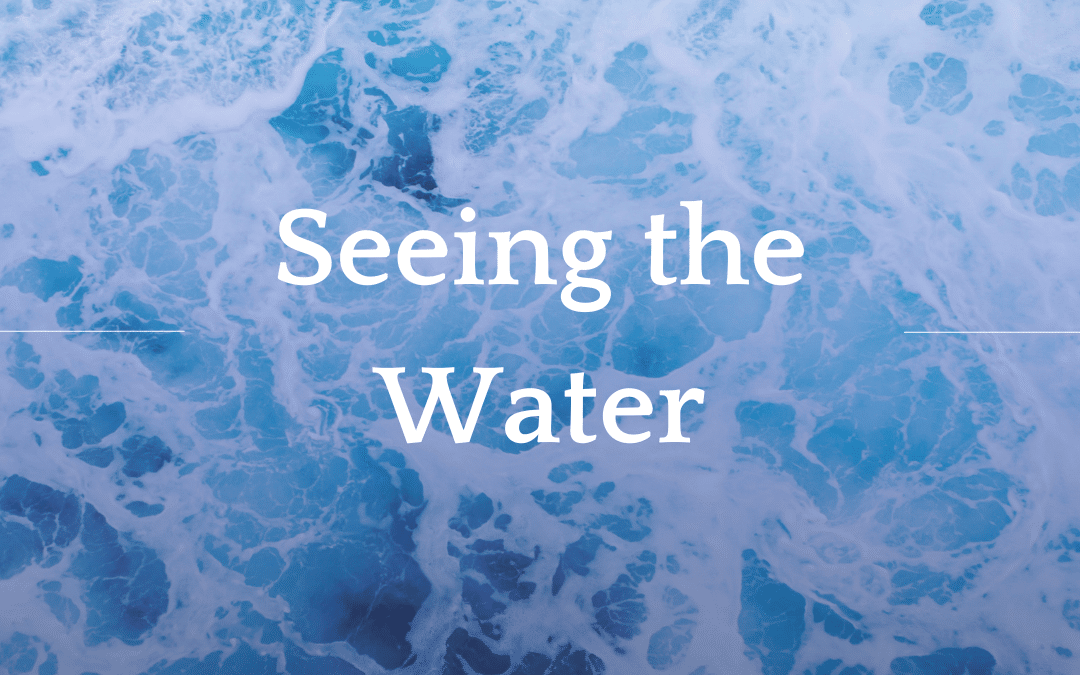
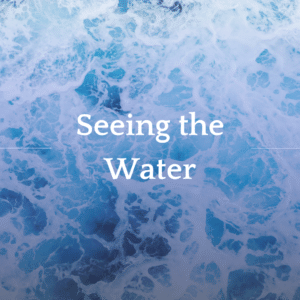 Have you heard this
Have you heard this 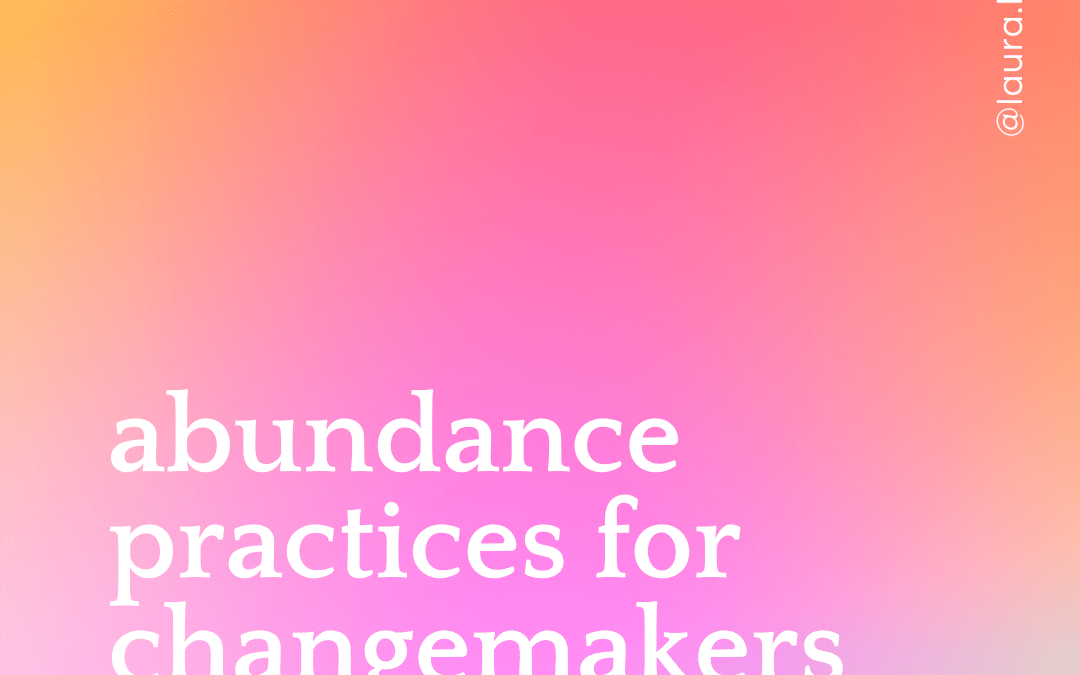
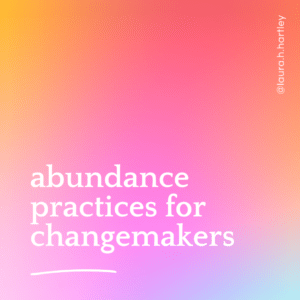

 I often say that self-work is world-work, with many layers to its meaning.
I often say that self-work is world-work, with many layers to its meaning.
 We have a tendency in our culture to download system problems on to individuals.
We have a tendency in our culture to download system problems on to individuals.